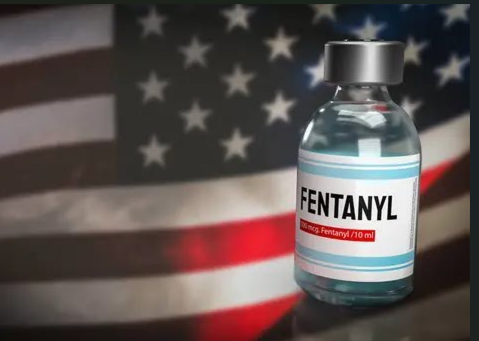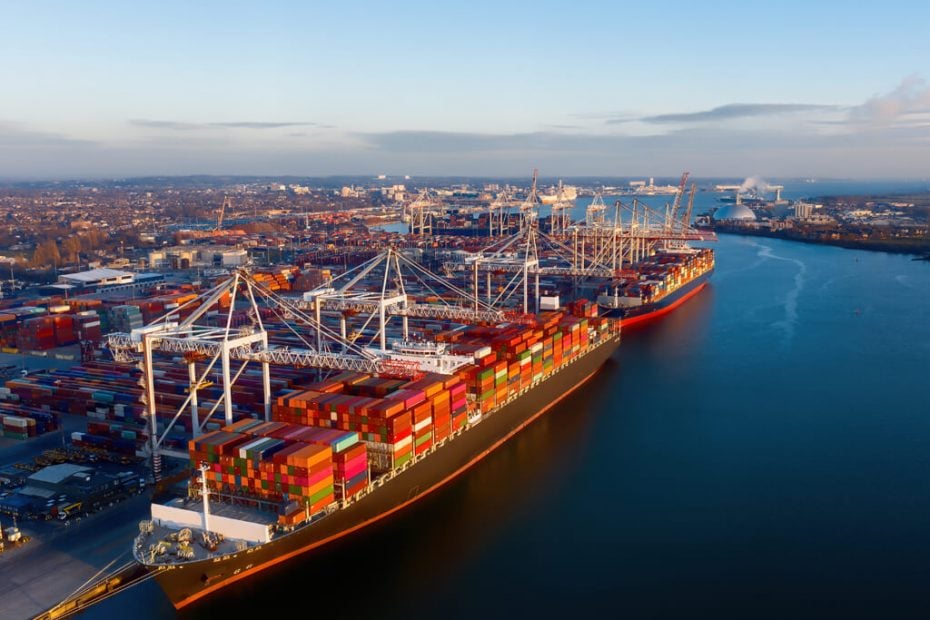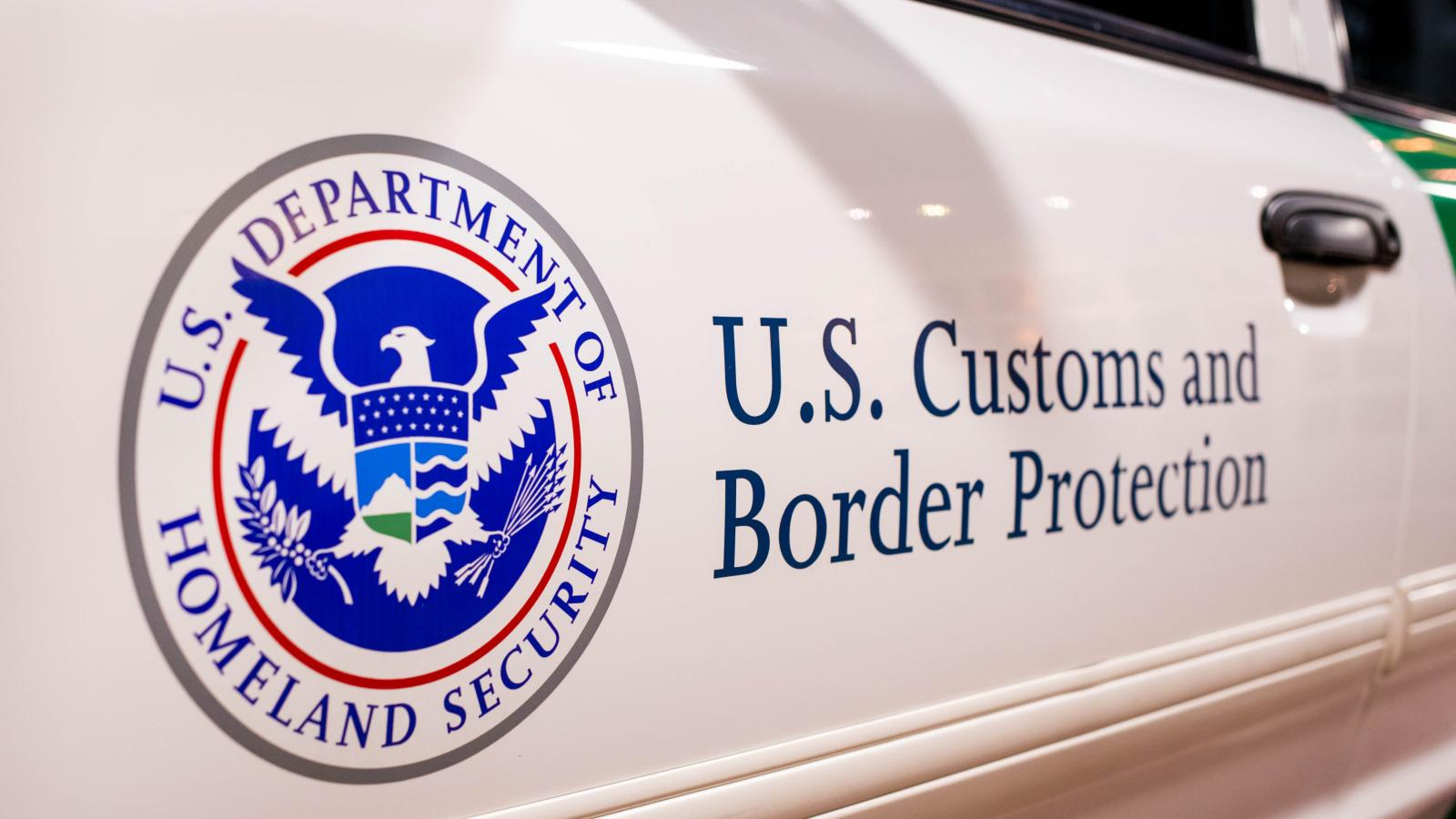Upper Management Responsibility – Making Sure Your CTPAT Program Happens
One of the key responsibilities of the Designated CTPAT Security Coordinator for your company is to make sure the CTPAT program submitted to the CBP...
2 min read
Eric Kaczorowski : May 22, 2024 11:52:49 AM

In recent years, the United States has been grappling with an alarming surge in the fentanyl and opioid crisis, casting a somber shadow over countless American communities and families. Every year, over 55,000 Americans succumb to opioids, fentanyl, and other synthetic opioids. Amidst this crisis, U.S. Customs and Border Protection (CBP) stands resolute in its mission to safeguard homeland security, which includes staunch efforts to intercept deadly synthetic opioids like fentanyl and the illicit tools used to produce them.
Illustrating the severity of the situation, CBP's seizures of fentanyl have skyrocketed by over 860% between fiscal years 2019 and 2023, with a near doubling of seizures from fiscal years 2022 to 2023 alone. The potency of fentanyl is starkly highlighted by the fact that just 2 milligrams – about the size of a few grains of sand - of the substance can trigger a fatal overdose. Tragically, fatal accidents have occurred when inspectors or emergency personnel inadvertently came into contact with minuscule amounts of the drug.
In addition to monitoring fentanyl, heroin, and other synthetic opioids, CBP is also concentrating on preventing the illegal importation of tools used to manufacture these drugs, such as pill presses and molds. Seizure data and intelligence reports indicate a growing volume of these tools being unlawfully imported in recent years, often through air cargo and express courier services. Although these tools may not directly endanger cargo handlers, intercepting and stopping these shipments could potentially save numerous lives.
For current or prospective members of the Customs Trade Partnership Against Terrorism (CTPAT), the question arises: What proactive measures can be taken to combat the proliferation of fentanyl, heroin, synthetic opioids, and the tools used to manufacture them into the U.S.?
Implementing policies and procedures for identifying suspicious cargo is crucial. Vigilant inspection for telltale signs such as suspicious names and/or addresses on shipping paperwork, leakage of liquid or powdery substances, or discrepancies between cargo descriptions and accompanying documentation can potentially save lives. Swift action must follow the identification of such suspicious shipments, including isolation protocols to safeguard personnel and prompt notification to the CBP and relevant authorities for thorough inspection. After suspected cargo is isolated and the proper authorities are alerted, the CBP can be notified by phone at 1-800-BE-ALERT or online at https://help.cbp.gov/.
Other precautions the CBP suggests implementing are to:
While it may seem cautionary, it's increasingly important to educate employees handling cargo to be able to identify signs of a fentanyl overdose. Here are some key indicators to watch for:
Together with the CBP, prospective or engaged CTPAT members can play a pivotal role in combating the fentanyl and opioid crisis. By proactively establishing relevant policies, procedures, and safety measures, lives can be saved, underscoring the critical importance of collective action in addressing this harrowing epidemic. More information on the CBP’s fight against opioids and fentanyl can be found here https://www.cbp.gov/border-security/frontline-against-fentanyl
In the meantime, if you require assistance with CTPAT certification or seek further details on Veroot's exceptional CTPAT automation tools for sending out Security Questionnaires, Training, SOPs, Management Reviews, or aid with your Annual Review or Validation, please don’t hesitate to explore the leading CTPAT consultant and software automation provider at www.veroot.com/ctpat. Feel free to reach us by using the contact button below.

One of the key responsibilities of the Designated CTPAT Security Coordinator for your company is to make sure the CTPAT program submitted to the CBP...

In 2019, U.S. Customs and Border Protection (CBP) updated its minimum security criteria (MSC) to address changes to the global supply chain and the...

In an increasingly interconnected global economy, ensuring the security of supply chains is more important than ever. The Customs Trade Partnership...